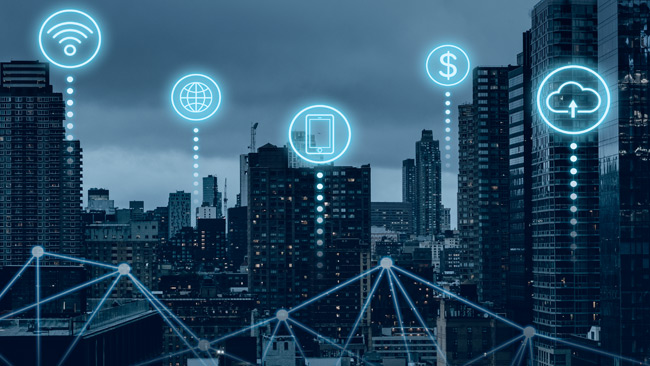The Federal Communications Commission has established several programs since the passing of the infrastructure bill in order to make connecting to the internet a bit more affordable for families. Over $14 billion was set aside for the Affordable Connectivity Program. Certain rules were established by the FCC for this program as it is an expansion of the Emergency Broadband Benefit Program that was already in place. This program has helped families afford their internet plans each month by offering a $50 payment each month as long as funds are available. The program has also helped people purchase computers and other devices so that they can use the internet at home for work and school.
Timing
The FCC is trying to push through the details of the ACP because the EBB program is supposed to end on December 31, 2024, or when funds are exhausted. There hasn’t been an issue with funds running out for the program, so that means that the EBB will likely end on December 31, taking away vital assistance for families who haven’t completely recovered from the financial issues associated with the pandemic of 2020. The number of people who have enrolled in the EBB hasn’t been as high as expected, which has helped maintain the funding needed. Congress was expected to pass the bill a bit sooner than the FCC thought as they knew that it could take about 60 days to get everything in order for the ACP to be established and start taking over where the EBB left off. If all goes as planned, the ACP can start on December 31, but that’s not long for the FCC to get all of the rules and regulations in order for customers who need assistance with their internet services.
Statements
Any comments made about the ACP are supposed to be made by December 8, 2024. Any replies to the comments that are made are supposed to be in by December 28, 2024, so that the FCC can look at any concerns that companies have or that members of Congress have before the program is launched. Regulations for the ACP state that customers who are already enrolled in the EBB are supposed to stay enrolled in the ACP without any lapse in the payments that are credited to their accounts. Enrollments are supposed to take place starting December 31 and should be completed rather quickly since information for customers is already in place. Rules of the program should be finalized sometime in January. However, the FCC hopes that there will be guidelines in place before the transition period so that companies that are participating will understand what to expect and how the program will work and so that customers know when payments will be credited to their accounts and if they need to do anything differently.
Providers
There are a few things that internet providers can start doing before the transition period begins to make it a little easier for accepting payments and crediting them for customers. Providers who are already authorized with the EBB won’t be required to seek further authorization under the ACP. They might need to file new paperwork with the Universal Service Administrative Company so that all of the information about the provider can be made current or so that any different processes available for verification can be listed for customers who are enrolled in the program, such as customers who are enrolled in SNAP or women who receive WIC so that they are able to qualify to receive assistance with the program. The National Lifeline Accountability Database will still be used by providers in order to determine which company each customer has an account with so that payments can be properly credited. Definitions of usage for plans that don’t require fees and the possibility of using an app are details that are going to be examined to ensure that customers are using the services provided or that they need assistance.
Further Changes
There are a few changes that the FCC could make to the EBB rules that could carry over to the ACP. There’s a proposal to look into fraud and a waste of services to determine if customers really need assistance or if the funds that are provided are being used for the purpose that they are designed. The FCC could limit access to AVPs so that providers who offer assistance for low-income customers don’t use funds from the EBB or ACP as well. There will likely be a recertification period every year as long as there are funds available for the program.
There could be a decrease in the amount of credit available for consumers from $50 to $30 a month. The FCC plans to look at different areas of the country to determine how this would impact customers to see if the decrease would do more harm than good. The FCC is also looking into asking that providers give information about the costs of products and services that are used with the program along with establishing some requirements on the levels of the devices that are offered so that they are the best available without being too costly. If there have been complaints against providers in the past, then the FCC could limit which providers are able to participate in the program. A laptop or other device could be offered to customers who are enrolled in the program if they get the equipment from the same provider.
The FCC is looking at a little more flexibility in filing claims each month along with offering an option for customers to terminate their participation in the ACP. A second device likely won’t be given to consumers if they received one while participating in the EBB. If there hasn’t been a payment by a consumer within 90 days, then the FCC could allow the provider to unenroll the consumer in the program. There will likely be regulations associated with benefit transfers and details about disclosures that providers are supposed to offer to consumers so that they know of any upselling or down selling that’s taking place.





Leave a comment
Have something to say about this article? Add your comment and start the discussion.